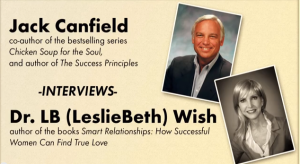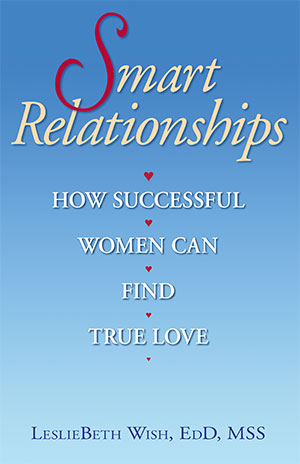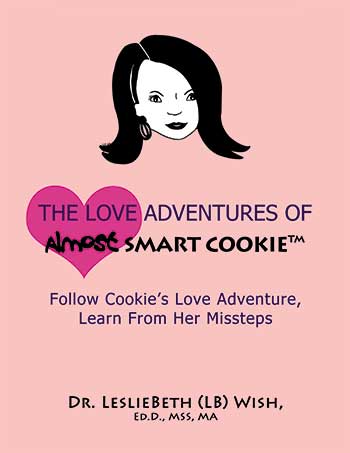 I had the honor of attending a dinner where the speaker was Mark Owen, the Navy SEAL and author of the best-selling book, “No Easy Day: The Firsthand Account of the Mission that Killed Osama bin Laden.”
I had the honor of attending a dinner where the speaker was Mark Owen, the Navy SEAL and author of the best-selling book, “No Easy Day: The Firsthand Account of the Mission that Killed Osama bin Laden.”
He discussed his latest book, “No Hero: The Evolution of a Navy SEAL,” and what being a Navy SEAL taught him about success. During his talk he showed slides of his training and the attributes of The SEAL Mindset. His assistant was kind enough to send me the link to that slide, and I modified the nine tips to help you focus for success.
Take this quiz to test if you have the SEAL Mindset. I do not provide a score. Instead, use each item to learn about you.
Do You Have the SEAL Mindset Focus for Success?
1. I prefer to rely on my own judgment.
Always Often Sometimes Rarely Never
The first item on the SEAL Mindset list is teamwork. You may work alone—but you don’t have to think alone. SEALS learn early that strength rests in teamwork. No matter how much you trust your judgment and intuition make sure to sound out your ideas with others whom you trust and respect.
2. I hate being anxious.
Always Often Sometimes Rarely Never
Surprisingly, anxiety can be a signal of fun and mental adventure. The arousal of the fear response from your amygdala in your brain often accompanies new and exciting things such as riding a rollercoaster or traveling to a new place. Anxiety also tends to occurs when there is change in your life—even if you chose it to happen. Hating anxiety actually can make you feel foggy-headed, more anxious, more out of control, and more negative about your abilities and inner strength.
So, the next time you feel anxious, think of the SEAL Mindset that says you need to get comfortable about being uncomfortable. Don’t become anxious about being anxious. Instead, reframe it as a sign that you are embarking on something that will help you learn.
3. I end up doing too many things that don’t engage my heart, passion or mission.
Always Often Sometimes Rarely Never
Well, we all have to do things we don’t like, but don’t clog your mind or time with things that you do not need or want to do. Learn to say NO to some things. SEALS function best when they have a sense of purpose. Ask yourself: Is this task necessary for my job? Does it match my passion and mission? What is there to gain—or to lose if I don’t participate? Can I back out if I don’t like the task?
4. By the end of most days or weeks I am exhausted, and I really need to downshift.
Always Often Sometimes Rarely Never
Sometimes, life comes at us, and we have no choice but to become a juggler of too many important things at once. But take a look at your most common weekly or daily workloads. Ask yourself: How much time am I wasting? Do I really need to do this activity? Must I do it myself? SEALS learn quickly to prioritize and to take the smallest step or one bite at a time.
5. If I do something, I commit to doing it as best as I can.
Always Often Sometimes Rarely Never
My mother taught me when I was young that if you are going to do something, do it well. The SEAL Mindset is the same. Mark Owen describes it as “Be ‘All in, All the Time.’”
6. I really don’t like changing my daily or weekly routines.
Always Often Sometimes Rarely Never
Ask yourself: Why am I doing things the way I am doing it? Do you know, for example, when in the day you are most creative or have the most mental and physical energy? Forget about other people’s ways. Make a point of knowing you. Are you a night owl or an early riser? When does your body like to work out, for example? How effective is your current routine? SEALS know that they expect—and accept—things to change and evolve.
7. I really don’t have time for friendships outside of work.
Always Often Sometimes Rarely Never
It is so easy to get one-dimensional. Yes, it is wise to build your work relationships, but, as the saying sort of goes, all work and no play makes Jill a dull girl. We benefit from cultivating true friendships with a variety of people. When you put all your life in your “work-basket,” you reduce your pleasure, identity, and well-being.
Research shows that having multiple roles in life such as friend, family member or civic volunteer serves as a safety net to your self-esteem in case your work does not work out. The SEAL Mindset includes sustaining relationships with lots of people—especially those you trust.
8. I hate it when things out of my control go wrong.
Always Often Sometimes Rarely Never
No one likes things to go wrong, whether it is a fender-bender, a cancelled flight or a bout of the flu. But why waste your energy on things that are out of your control? The energy you spend on hating it and complaining about it could be used to heal, get some things done. Mark Owen puts on his SEAL list an important reminder that he calls the “3-Foot World.” Ask yourself: How much am I really in charge of? And tell yourself: I can only do so much.
I hope these tips help you refine your focus and recharge your energy and positive mindset so you can succeed.







